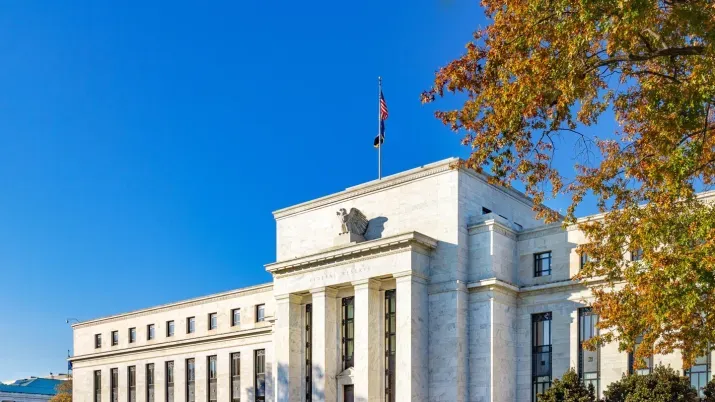What Next For Sterling Bonds?
TwentyFour
Overnight markets have had significant news to digest, with two of the major geopolitical hurdles that had been worrying investors being removed.
In the US, the main terms of the ‘phase one’ trade deal have been agreed, averting the next wave of tariffs that were due to start next week, while in the UK the Conservative Party completed a decisive election victory. Both are important drivers for risk assets as we head into the last two weeks of the year.
Focusing on the UK, where the economy has been paralysed by uncertainty for nearly four years, the initial reaction has been a very strong rally in sterling, a rise in Gilt yields and a tightening of credit spreads, all of which were to be expected.
From here the easy part of Brexit can be achieved by putting Boris Johnson’s Withdrawal Agreement through parliament, paving the way for the UK to leave the European Union by the end of January and move into the transition phase. The next challenge will be the agreement of a trade deal with Europe and simultaneously with the US. The strong mandate given to the Conservatives will make this easier, but it is likely to take all of 2020 if not longer to achieve.
From a markets perspective, in the short term a more stable currency will encourage investors back into sterling assets. This won’t help the Gilt market, however, and we expect to see a bear steepening of the yield curve with 10-year yields starting a move back towards 1%. We are not expecting any reaction from the Bank of England at its monetary policy meeting on December 19, as it will be firmly in wait-and-see mode. However, if it was to see evidence of business capex coming through and a pick-up in growth, the BoE could adopt a tightening bias by the end of 2020.
In credit markets, we could see some aggressive tightening in the coming days. High quality investment grade corporates did not really have much of a Brexit premium built in, but smaller, more domestic-focused companies certainly do and these should benefit most, along with UK banks, particularly their sterling denominated debt lower down the capital spectrum. The Brexit premium should narrow but not disappear completely, as the new government has a great deal of work to do, but we would expect capital gains from this early compression of spreads.
All round, pretty good news for credit investors today, especially those in sterling. However, while markets are likely to experience a squeeze in the run-up to year-end, we expect the bankers to be exceptionally busy and investors should also be preparing for a fresh wave of sterling supply in January, led by financials, who as frequent issuers can typically prepare their deals very quickly.






